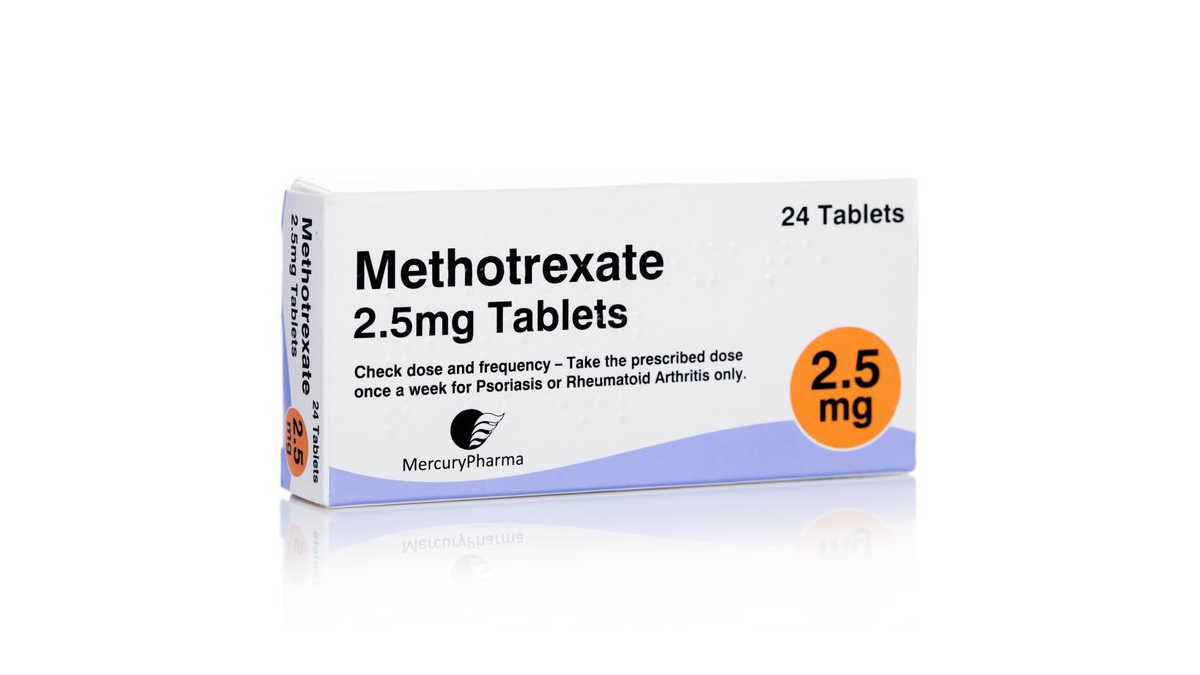
Recent findings from a long-term study suggest that methotrexate (MTX), a common medication for rheumatoid arthritis (RA), may help prevent the development of the disease in certain patients who test negative for anti-citrullinated protein antibodies (ACPA). This discovery, emerging from the TREAT EARLIER study, offers hope for those at risk of RA but lacking the usual indicators of the disease. Here, we break down the study’s findings, implications, and potential future directions.
Understanding Rheumatoid Arthritis (RA)
Rheumatoid arthritis is a chronic inflammatory disorder that primarily affects the joints. Here are some key facts:
- Symptoms: RA can cause pain, swelling, and stiffness in the joints, significantly impacting daily life.
- Causes: The exact cause of RA is not known, but it involves an autoimmune response where the body’s immune system attacks its own joint tissues.
- Risk Factors: Testing positive for ACPA and rheumatoid factor (RF) are common indicators that someone might develop RA.
The TREAT EARLIER Study
The TREAT EARLIER trial investigated the effectiveness of MTX in preventing RA among patients with clinically suspected arthralgia. The study had some significant findings:
- Duration: The study tracked participants for four years to assess the long-term effects of MTX.
- Participants: A total of 236 individuals were involved, with about two-thirds being women. Nearly 77% of these participants were ACPA-negative.
Key Results
- Initial Findings: Previous results after two years showed no significant difference in RA development between the MTX treatment group and the placebo group.
- Stratification: In the new analysis, researchers categorized participants based on their risk of developing RA using a predictive model, which helped identify those who might benefit most from MTX.
What Is ACPA-Negativity and Its Importance?
- ACPA-Negative Patients: Individuals who do not test positive for ACPA but may still experience joint pain are often considered at risk for developing RA.
- Risk Assessment: The new stratification approach allowed for better understanding of how risk factors influenced RA development, particularly among ACPA-negative patients.
Study Insights and Findings
Risk Stratification
The researchers used a scoring system to classify participants into risk categories:
- High-Risk: 4 points or more, with a 70% or greater chance of developing RA.
- Increased Risk: 2-3 points, with a 25%-70% higher likelihood of developing the disease.
- Low-Risk: 0-1 points, with less than a 25% chance.
Among the ACPA-negative participants:
- None were classified as high risk.
- 66 participants (36%) were at increased risk.
- 116 participants (64%) were at low risk.
Development of RA
Among those ACPA-negative patients classified as increased risk, the results were notable:
- In the MTX treatment group, only 9% developed RA (3 out of 35).
- In the placebo group, 29% developed RA (9 out of 31), indicating that MTX significantly reduced the likelihood of RA development in this subset of patients.
Clinical Implications and Future Directions
The findings from the TREAT EARLIER study are promising but come with certain caveats:
- Need for MRI: Identifying patients who might benefit from MTX would require advanced screening techniques like MRI to detect subclinical joint inflammation.
- Broader Application: The results highlight the need to assess ACPA-positive and ACPA-negative patients separately to better tailor treatment strategies.
Cost-Effectiveness of Treatment
A separate analysis evaluated the cost-effectiveness of the TREAT EARLIER intervention:
- Cost Savings: The treatment group had an estimated cost savings of €4809 ($5304) per patient compared to the placebo group, mainly due to lower productivity costs.
- Quality of Life: Patients receiving MTX also experienced a slight improvement in their quality-adjusted life years (QALYs), demonstrating the treatment’s potential benefits.
Conclusion: A Step Forward in RA Prevention
The TREAT EARLIER study offers valuable insights into preventing rheumatoid arthritis in at-risk ACPA-negative patients using methotrexate. While the results are encouraging, more research is necessary to fully understand the implications and how to implement these findings effectively in clinical practice.
Future studies should focus on:
- Long-Term Outcomes: Assessing the effects of MTX over extended periods.
- Cost-Effectiveness Analysis: Evaluating the economic benefits of early intervention in high-risk populations.
By continuing to investigate these findings, researchers hope to develop more effective strategies for preventing RA and improving the quality of life for those at risk.
References
van der Helm-van Mil, A. H., et al. (2024). “Methotrexate May Prevent Rheumatoid Arthritis Development in Subset of ACPA-Negative Patients.” The Lancet Rheumatology.
